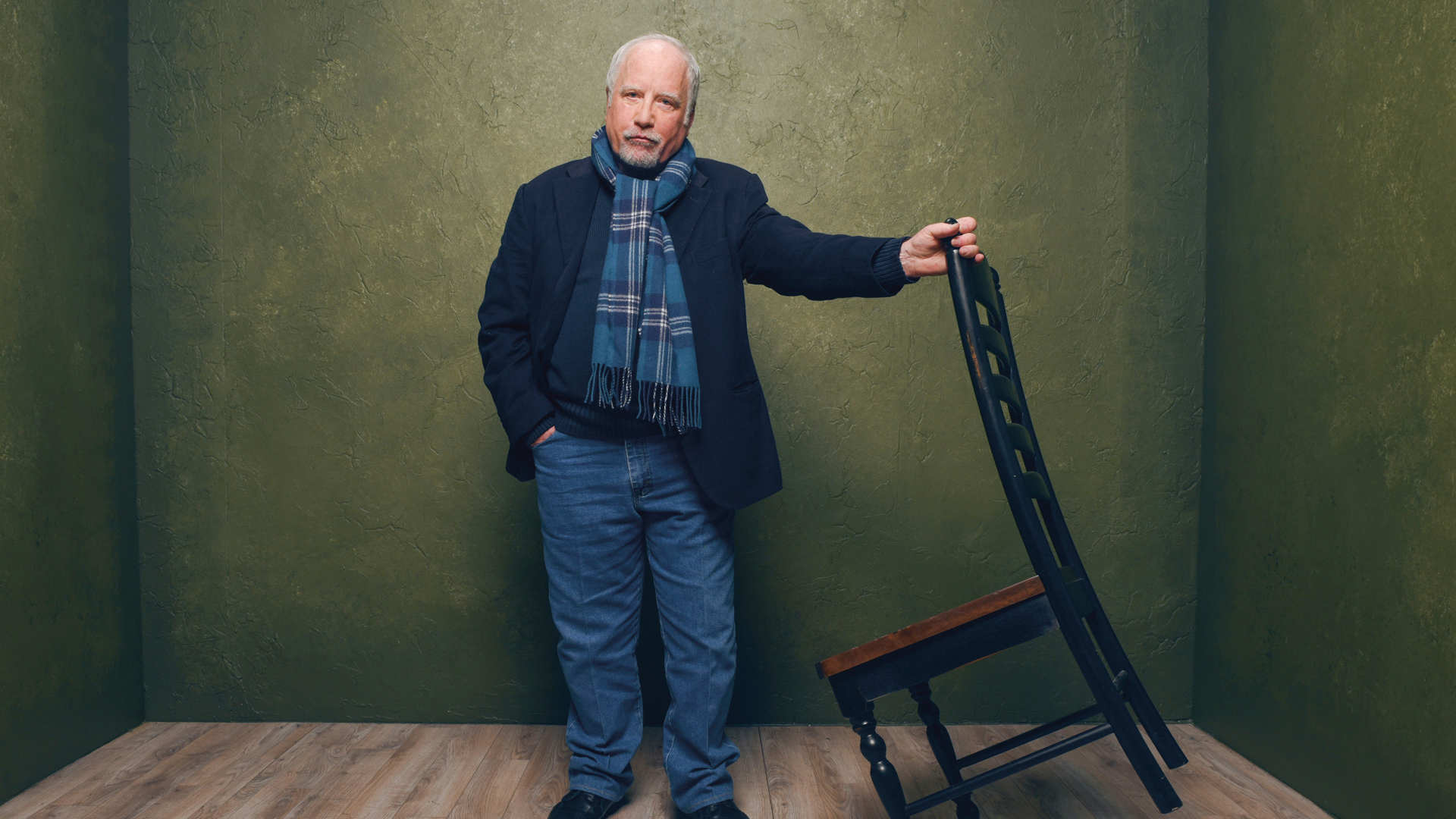When I was 16 years old, I was trying desperately get my actor friends to talk about the nobility of acting, because I was terrified that I was going to spend my life in pointy ears holding a laser gun. And then John Gielgud came to Los Angeles. At that point we all thought of him as yesterday’s news, a has-been. We went to see him perform Ages of Man. And when this little guy stepped down from the curtain and opened his mouth, I bifurcated into two completely different people. One of them was sitting in the balcony with his friends and the other was experiencing awe for the first time. I was in a state of shock or revelation or something, as I listened to this extraordinary voice validate every high ambition I had ever had. He sounded like a beautiful French horn. I was numb. When the show was over I went backstage, walked up to him and said thank you, and walked away. Then 20 years later I worked with him and I told him what had happened to me at 16 and he patted my knee and said “How amusing dear boy.”
If you met the teenage Richard you’d think I was funny. And a flirt. And very smart. There were no hidden insecurities, I wasn’t that way. I was completely confident and certain and my success was, as far as I was concerned, preordained. If I was talking to an attractive 40-year-old woman I’d be flirting my brains out.
Manic depression is one the defining elements of my character. And I have no problem with saying it
If I could talk to the young Richard I would apologise to him for breaking my promise to him. I thought that I was – I had the ambition to be and I thought I was – a good guy. I thought that I was going to be a good guy who would hurt very, very few people, especially women. And then I discovered one day that my marriage – my idea of myself – was a complete deception. And I had in fact hurt many people I had loved. That sudden revelation hit me not just about one woman – I felt them all at once. I pulled the car off the freeway and sat in my car and wept for about two hours. Then when I went home I tried to email each of them and apologise and say that I had been incorrect. And the basic response from most of them was, that ship has sailed. But one of them was actually in LA and I managed to spend a good deal time with her talking and talking until she believed me.
I knew since I was 10 or 11 that I had what was later diagnosed as manic depression. I had fun in therapy when I was 17 or 18 years old, because it was such a great entertainment to spend X number of hours talking about your favourite subject; yourself. And then finding things, uncovering things that you didn’t know. It takes an intelligent stranger to point that out to you, which is why I am a fervent supporter of people who are thinking of taking therapy. Most people think that therapy means that they’re going to be discovered as lunatics and they’re terrified of it.
I was asked at one point to speak to a foundation about the depression side of manic depression. They said to me, we’d like you to speak about your shame and your embarrassment. I said, you’re talking to the wrong guy. I had no shame at all. Manic depression is one the defining elements of my character. And I have no problem with saying it. And I got up and I gave that speech, and the next day in The New York Times, they wrote that I had talked about my shame and my stigma and coming out of the closet. So I phoned another mental health foundation and told on them.
My mother was great, my dad wasn’t. I think about my mom a lot. She was my best friend. She was smarter than hell. She taught me things. I was raised in a very left-wing community. I was what they call a red diaper baby. And I once said to my mom, Why were you a socialist and not a communist? And she said, Better doughnuts. One time she was walking past my bedroom and she asked me what I was doing. And I said, I’m inventing a religion. She said, Really? What’s the idea? I said, Be nice. And she said, that’s valid, and walked away. I used to talk to her about things I couldn’t talk to anybody else about. And she was always able to give me honest answers, no matter how perhaps uncivilised they might be interpreted. So I think of her as a brave person, a great soul, and she knows everything that’s ever happened to me since she died. Of that I have no doubt.









